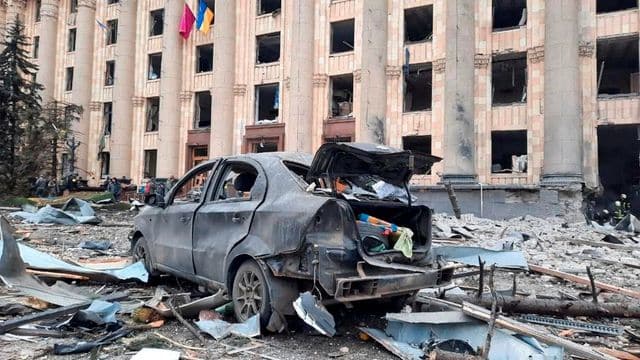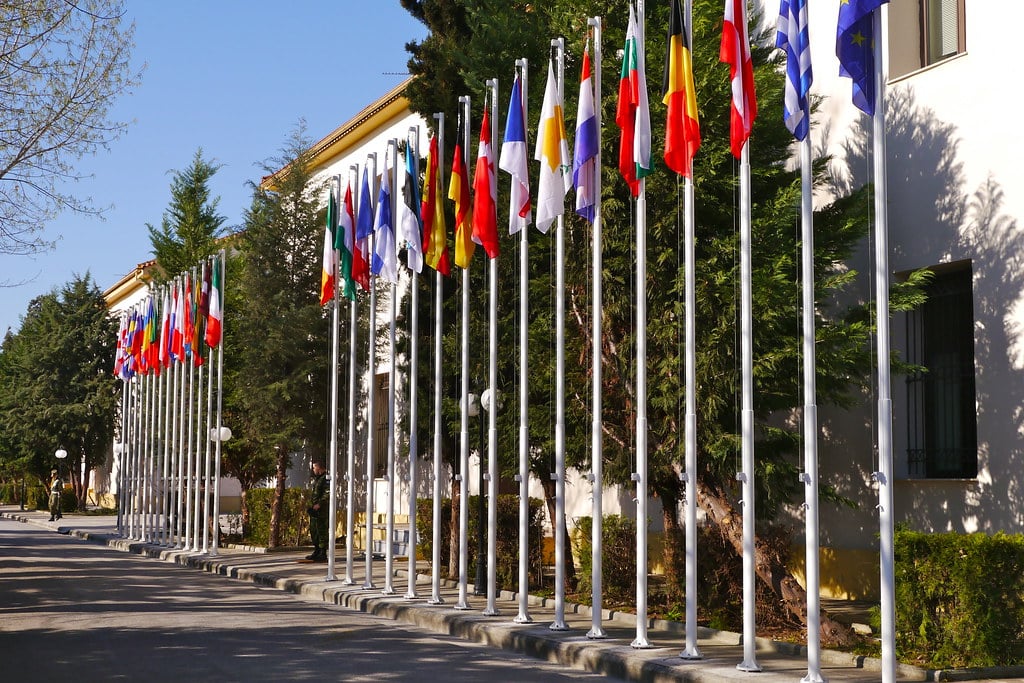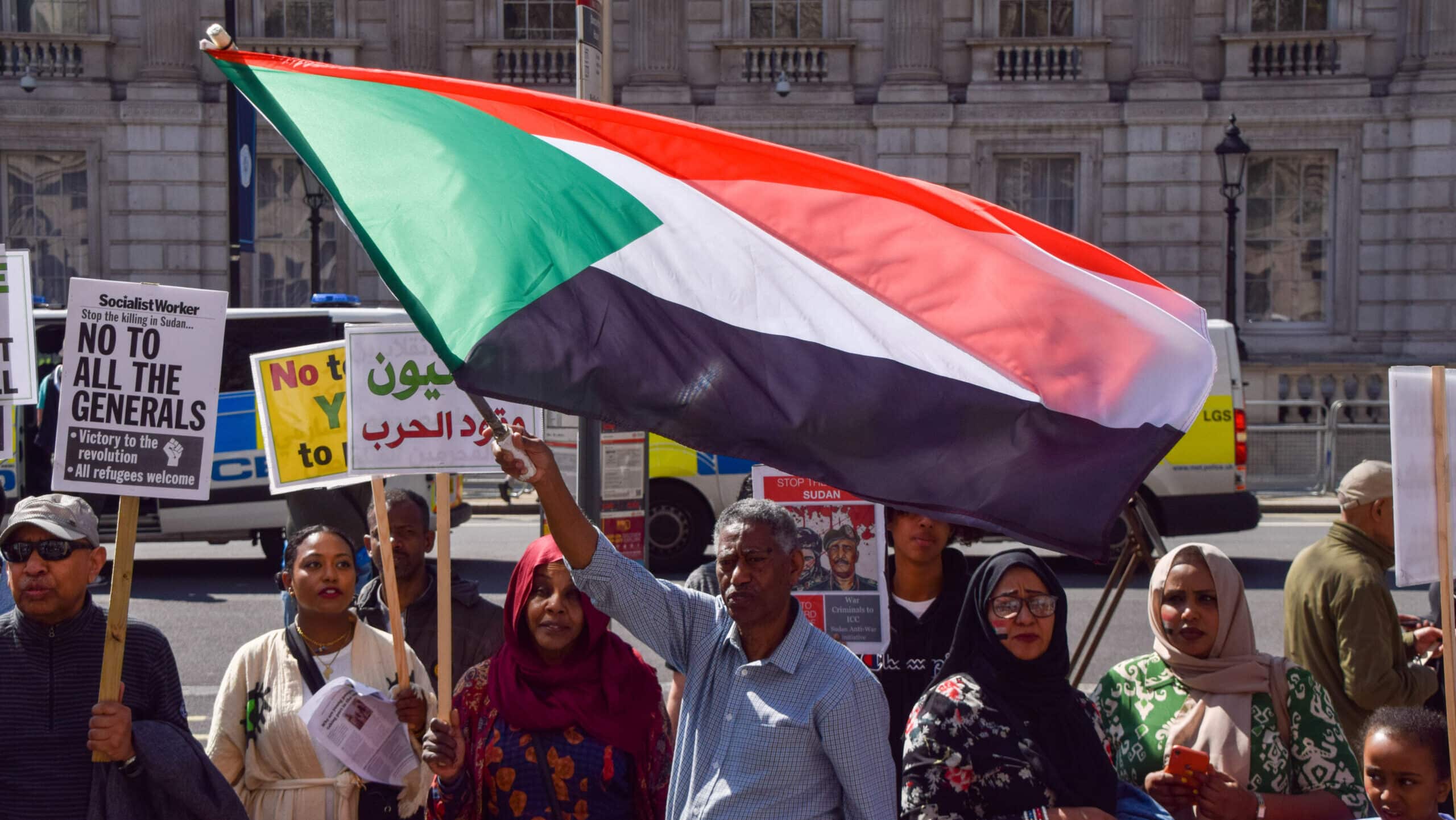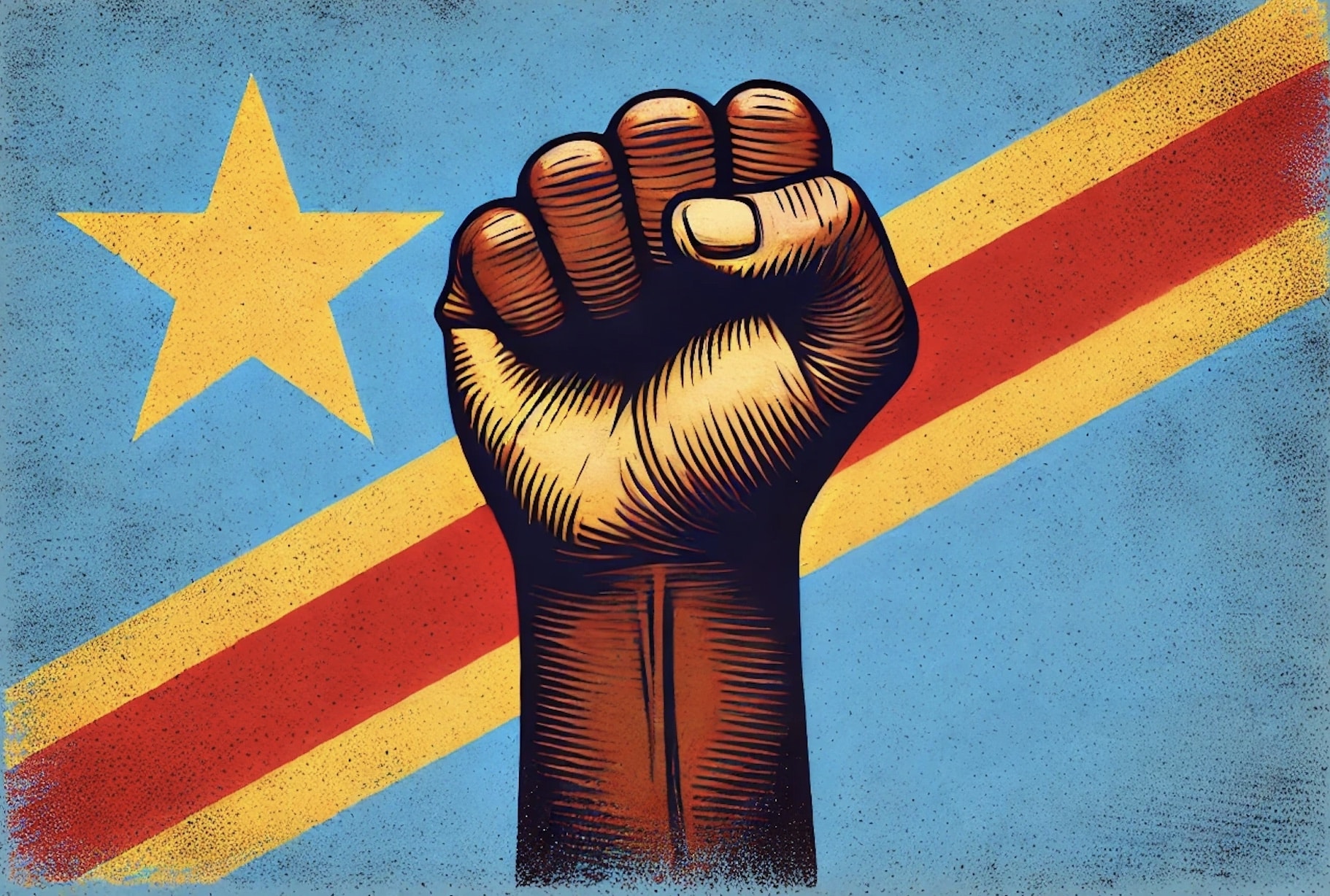Kharkiv after a missile strike, 2022 (Flickr)
Referenda have been announced in the Russian-occupied regions of Donetsk, Luhansk, Zaporizhzhia and Kherson to join the Russian Federation in the near future. The annexation referendums not only disregard the sovereignty of the Ukrainian state, but at the same time are mainly designed to legitimise further mobilisation of troops. Russia is holding the sham referendums from 23 to 27 September. Since the population supporting Ukraine largely left in February and March, the outcome is already fixed. Vladimir Putin can therefore soon cling to the narrative that the Ukrainian counterattack is taking place on "Russian territory", and announce further mobilisation. Former Russian President Dmitry Medvedev, Putin's comrade, anticipated this by declaring on Telegram that "invading Russian territory is a crime where all troops can be used for self-defence."
Because just one day after the announcement of the Mock Referenda, Kremlin Defence Minister Sergei Shoygoe indicated that 300,000 reservists could start preparing to replenish the depleted force in Ukraine. These reservists must undergo training before they can be stationed. The annexation referendums and further mobilisation lay out the red carpet for Putin to eventually realise further mobilisation of Russian conscripts. To put Shoygu and Putin's plans into perspective, it is the first mobilisation since World War II.
International reactions to Putin's announcements
The Ukrainian side indicated that Putin's announcements were as expected. President Volodymyr Zelensky indicated that Russia had sent "cadets" to Ukraine before, with dire consequences. By this he was referring to the huge losses the Russian army has suffered in Ukraine so far. Many of the soldiers sent to the front by Russia were young, demotivated and inexperienced. According to Zelensky, Putin "not only wants to drench Ukraine with blood, but also the blood of his own soldiers." His adviser Mykhailo Podolyak noted that Putin's speech was an "absolutely predictable call, looking more like an attempt to justify his own failure."
The international community reacted disapprovingly to Putin's mobilisation plans and announced annexation referenda. The entire Western world immediately let it be known that it would not recognise the annexation of the Ukrainian regions, which make up about 15% of Ukrainian territory. Moreover, Russia's mobilisation plans were firmly rejected. German Chancellor Olaf Scholz called Putin's plan an "act of desperation", while his finance minister Christian Lindner called it a "sign of weakness". The UK and the US also shared their comments on a failed military campaign by Putin, which must now be rectified with sham referendums and further mobilisation. Meanwhile, Lithuanian Defence Minister Arvydas Anusauskas indicated that army readiness is being increased in response to the mobilisation, given the border Lithuania shares with the Russian enclave of Kaliningrad.
Self-interest over the common good
That the announced mobilisation was mainly in Putin's interest - and not in the interest of the Russian people - became clear in the hours after his televised speech. Protests against Putin's policies broke out in Russia after the announcement. In a short time, 1,300 protesters were arrested, including at least 502 in Moscow and 524 in St Petersburg. Participants in these protests risk prison terms of up to 15 years. Meanwhile, mass flights were booked from Russia to Turkey, Serbia and Armenia to avoid military summons. According to Telegram channel Mozhem Obyasnit, on the day of Putin's speech, the terms "how to break an arm" and "how to get out of Russia" were the most searched search terms on Google. It indicates that a large part of the Russian population is not at all waiting for further escalation of the invasion.
Meanwhile, the opposition is also increasingly making its voice heard. Already during the rapid advance of Ukrainian troops in Kharkiv, lawmakers in Moscow and St Petersburg demanded Putin's resignation via a petition. Following the announcement of the mobilisation plan, detained opposition leader Alexei Navalny released a video through his lawyers in which he said Putin "wants to involve as many people as possible in this deteriorating criminal war". The democratic youth group Vesna called on people to take to the streets, saying, "This means that thousands of Russian men - our fathers, brothers and husbands - will be thrown into the meat grinder of war."
Putin succumbs to criticism
For the first time in a long time, Russia's room for criticism, although it is mainly limited to raising the shortcomings of the army leadership. Disapproving of the Russian invasion of Ukraine or doubting Putin's position remains a taboo subject. After the Ukrainian counterattack successfully recaptured the Kharkiv region, Putin yielded to pressure from critics, who demanded a general mobilisation of troops. Moreover, the opposition has become more vocal, of which the protests are the harbinger, although Russian repression is expected to make it difficult for the opposition to seize this moment to actually force change in Russia.
By admitting the need for mobilisation, Putin had to pretend that Moscow was fighting an unlikely superpower, referring to the collective West. The uncomfortable hidden message in this is the fear that Russia might lose the war. After all, Ukraine seems to be fighting on unstoppably until the recapture of the Donbass and even Crimea, annexed by Russia in 2014, are realised. A 'military operation' - as Putin calls his invasion - in which more ground was lost than gained is a difficult message to sell, even to the Kremlin's peppery state propaganda machine.
Putin's convulsive attempt to turn the war around is full of question marks. In the first phase of the war, much of the focus was on demotivation among Russian troops. With the involuntary mobilisation of reservists, a motivated army force does not seem obvious. Moreover, the nuclear threat remains a topic of conversation. Although Putin has indicated that he is ready to use all available weapons to protect the Russian people, Zelensky stated that he does not expect Russia to actually deploy nuclear weapons. However, recent Russian attacks on and near the nuclear power plants in Zaporizhzhia and Pivdennoukrainsk are signs that Russian military leaders are not afraid to take catastrophic risks to turn the tide of war. Finally, the question remains how Ukraine's allies will cope with the onset of a new phase of the war and in what ways they will support Ukraine. All in all, this new escalation from the Kremlin requires a continuation of support to Ukraine even as the war looks set to continue into 2023.
Sources: Deutsche Welle, Euro Weekly, Politico 1, Politico 2, Reuters, The Guardian 1, The Guardian 2
Photo: Flickr





